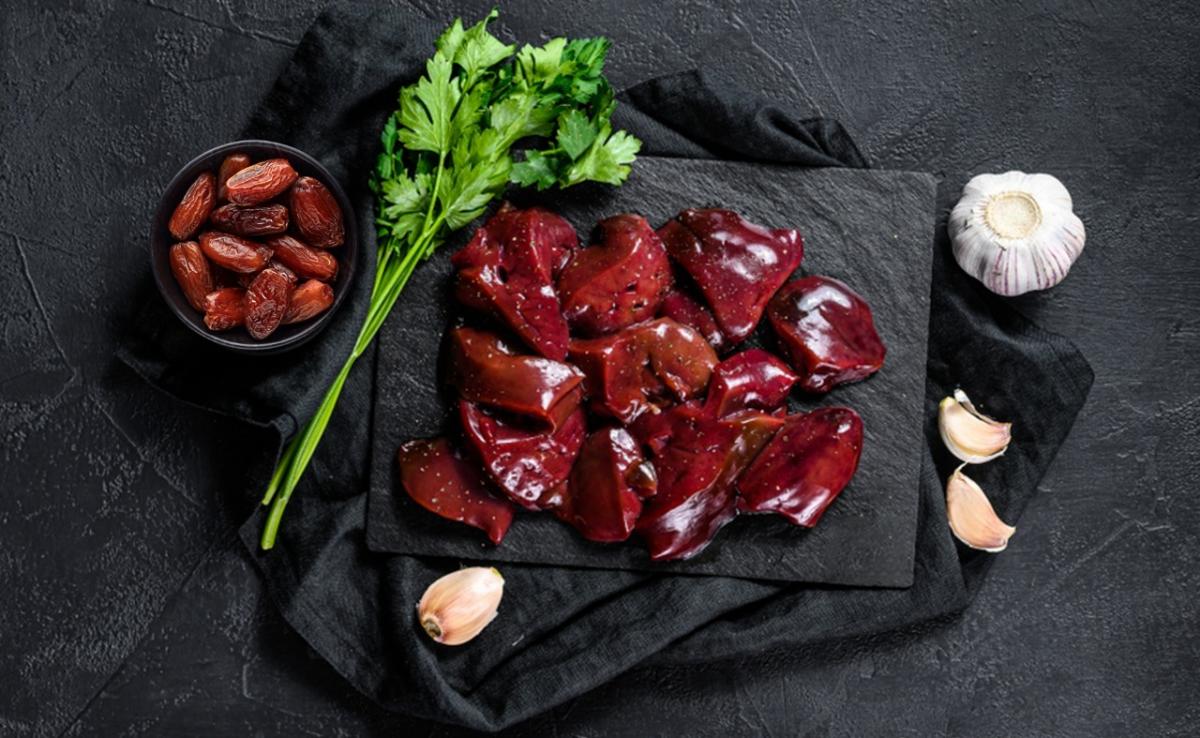5 tips for anemia patients in Ramadan

Anemia is a medical condition characterized by a reduced level of hemoglobin. It causes symptoms such as fatigue, headache, shortness of breath, pale skin, palpitations and hypotension.
Fasting may help reduce the clinical symptoms of anemia. While anemic patients with a blood hemoglobin level below 6 gm/dl should not fast, those with hemoglobin levels over 6 gm/dl can safely fast.
Here are a few things anemic patients should keep in mind when fasting in Ramadan:
- Include beans, pulses, and green leafy vegetables in your diet as these are good sources of iron.
- Avoid soft drinks and caffeinated beverages as they interfere with the intestinal absorption of iron.
- Add lemon juice to vegetable salad and other dishes as the vitamin C in lemons promotes the absorption of iron.
- Don't skip the Suhoor meal as it helps prepare your body for the fast by providing iron-rich nourishment and maintaining normal hemoglobin levels.
- Consume plenty of iron-rich foods such as liver, red meat, fish, apple, eggplant, and spinach. It’s advised to begin your Iftar meal with dates as they are rich in iron.